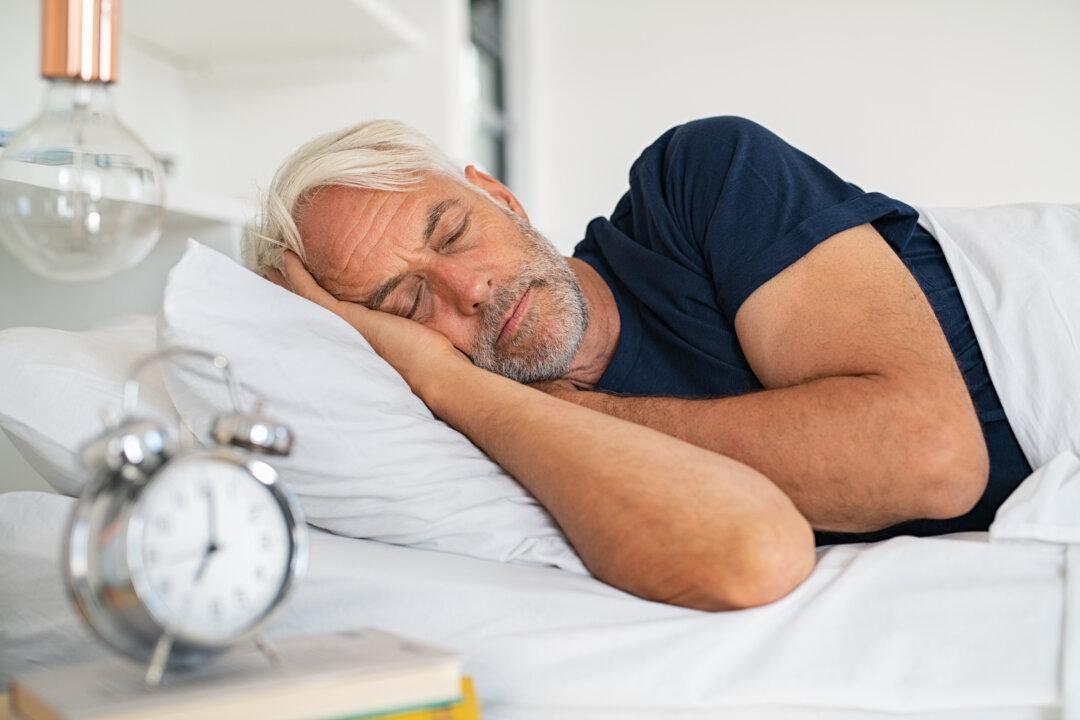A mere 1 percent loss in a deep sleep each year could lead to a 27 percent increased risk of dementia for people over 60, according to a new study by Monash University.
The multi-year study which first began in 1995, examined 346 people over the age of 60 and found that 52 individuals had some form of dementia cases linked to declining sleep quality.






